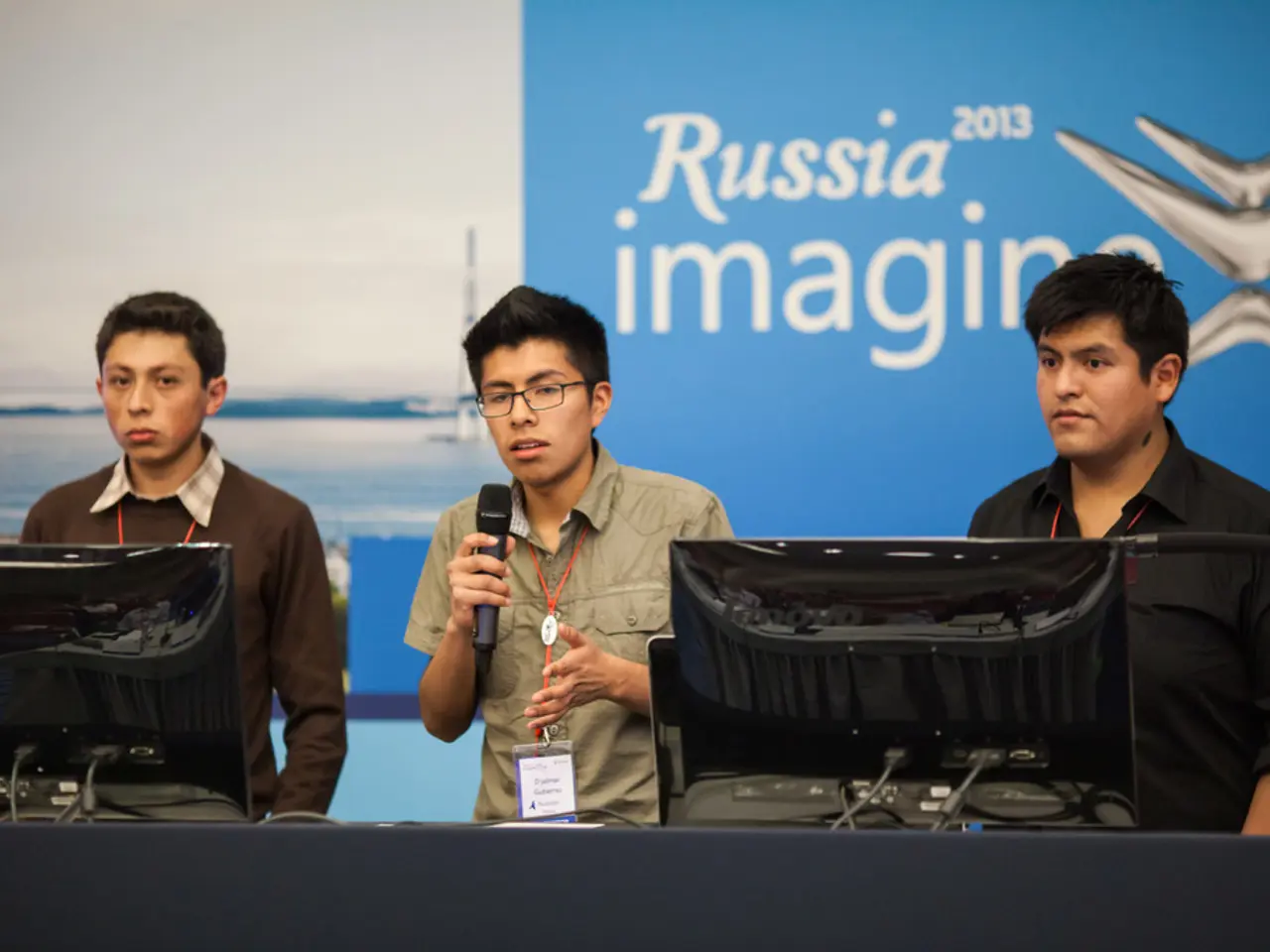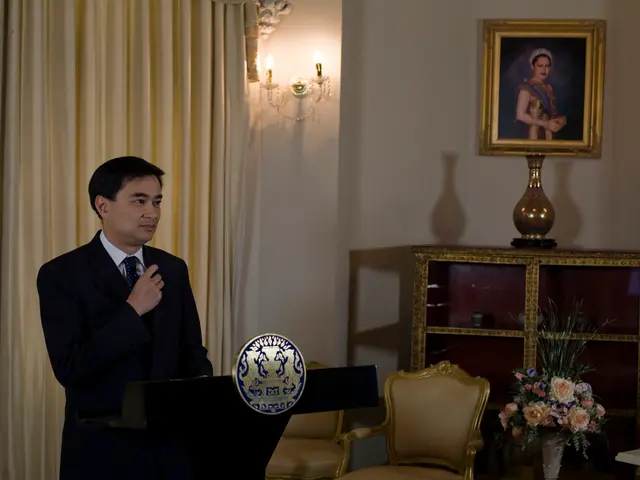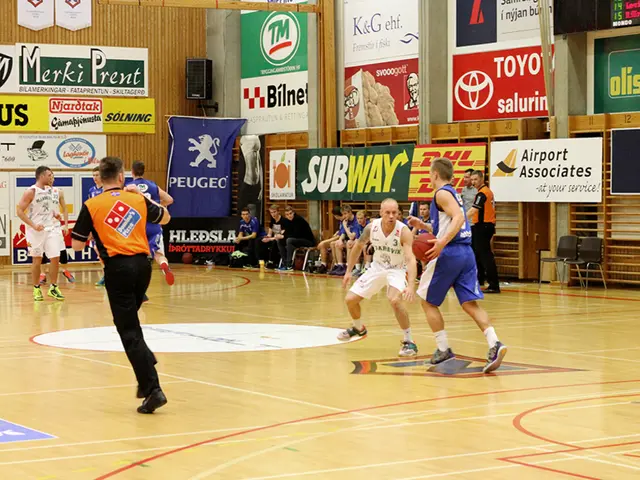Russia Poisoning Allegation by Widow: Navalny Involved
In a tragic turn of events, Alexei Navalny, Russia's most prominent critic of President Vladimir Putin, passed away in February 2024 at the age of 47. His death has sparked widespread controversy and condemnation, both domestically and internationally.
Navalny's political career was marked by numerous challenges and controversies. In August 2020, he survived a poisoning attack with the nerve agent Novichok, an incident he later blamed on the Russian Federal Security Service (FSB). He was subsequently transferred to Germany at his wife's request and treated in the Berlin Charité. The investigation into his poisoning was led by German institutions, including the Bundeswehr Institute of Pharmacology and Toxicology.
Upon his return to Russia in January 2021, Russian authorities arrested Navalny for violating registration requirements from an earlier case. This arrest marked the beginning of a series of legal battles that eventually led to his imprisonment north of the Arctic Circle. The Russian justice system sentenced him to a long prison term, which many critics believe was politically motivated.
One of the cases initiated by the Russian justice system was for extremism, a charge that Navalny and his supporters vehemently denied. Russian authorities officially attributed his death to natural causes, a statement that has been met with scepticism by many, including Western governments and Navalny's critics.
Navalny's death has reignited calls for political reform in Russia. His legacy as a fearless critic of the Putin regime will undoubtedly live on, serving as a reminder of the struggle for democracy and human rights in the country.
Read also:
- United States tariffs pose a threat to India, necessitating the recruitment of adept negotiators or strategists, similar to those who had influenced Trump's decisions.
- Weekly happenings in the German Federal Parliament (Bundestag)
- Southwest region's most popular posts, accompanied by an inquiry:
- Discussion between Putin and Trump in Alaska could potentially overshadow Ukraine's concerns








